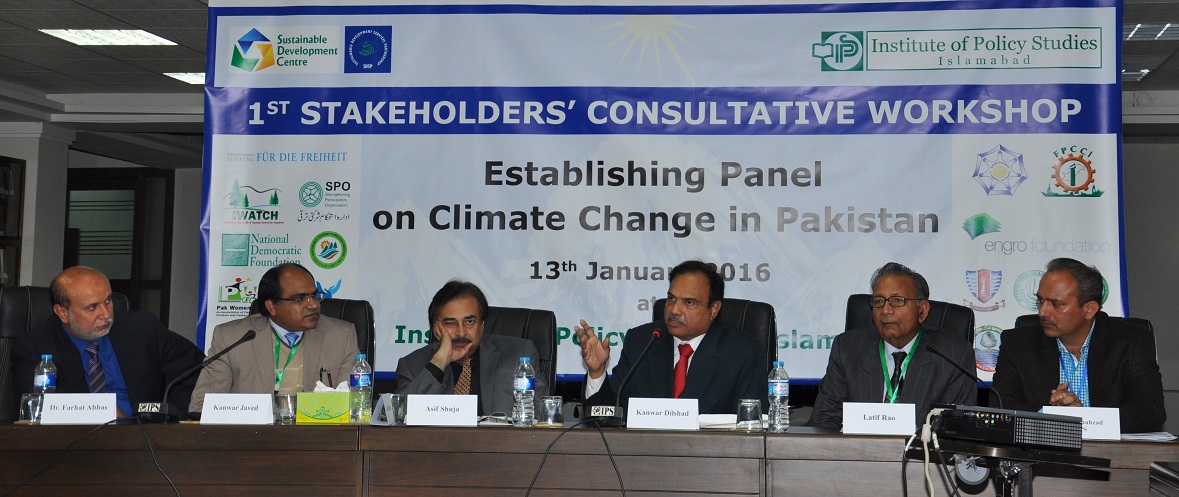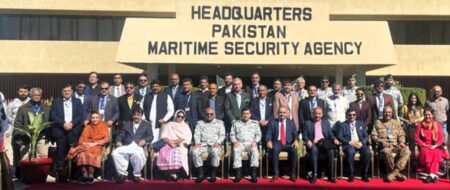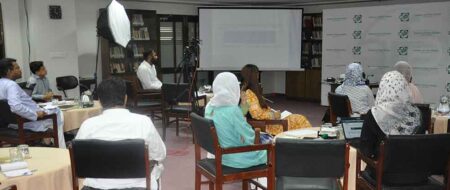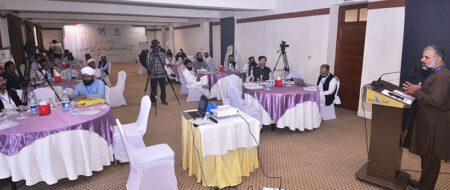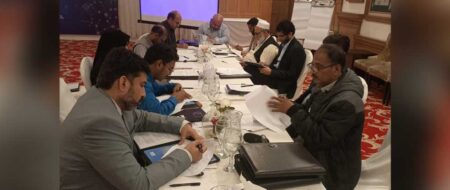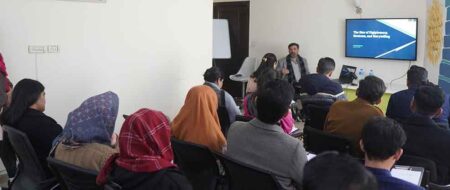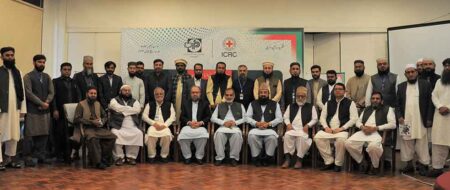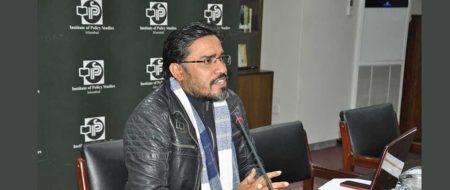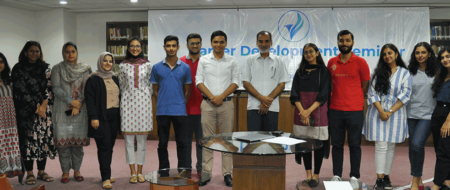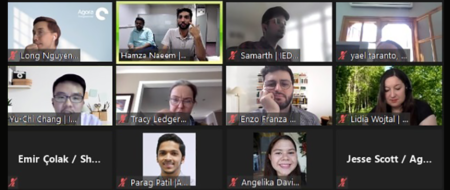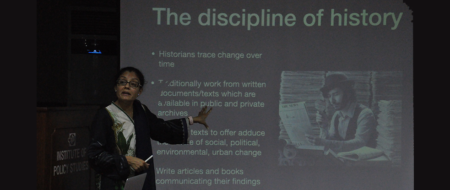1st Stakeholders’ Consultative Workshop: ‘Establishing Panel on Climate Change in Pakistan’
National alliance to fight climate change formed
In a bid to address present and future requirements of climate change related development agenda in Pakistan, an alliance comprising civil society organizations, academia, business & industry and other stakeholders has been formed by the name of ‘Pakistan Panel on Climate Change’ with a view to provide science-based technical support to public and private sector organizations in the country.
The development, which was led by Sustainable Development Centre (SDC), took place following the first stakeholders’ consultative workshop ‘Establishing Panel on Climate Change in Pakistan’ hosted by Institute of Policy Studies (IPS), Islamabad.
Other than SDC and IPS, the founding partners of the coalition include Friedrich Naumann Stiftung für die Freiheit, IWATCH, Strengthening Participatory Organization (SPO), National Democratic Foundation, Sustainable Tourism Foundation Pakistan, Pak Women, Health and Rural Development Services Foundation, Sustainable Development Foundation and Institute of Peace and Diplomatic Studies.
The initiative is also being supported by SAARC Chamber of Commerce and Industry, Federation of Pakistan Chambers of Commerce & Industry (FPCCI), Engro Foundation, Government College University Faisalabad, International Islamic University, Islamabad, Institute of Geographical Information Systems (IGIS), National University of Science & Technology (NUST), Punjab Forestry Research Institute, Faisalabad, and Inter University Consortium for the Promotion of Social Sciences Arts and Humanities (IUCPSS).
The participants of the consultative meeting representing the various organizations mentioned above were unanimous that climate governance needed science based knowledge support from civil society organizations and academia in the matters relating to policy, planning, strategies and programs of social, economic and environmental sectors, especially concerning water, food and energy security.
Mirza Hamid Hassan, former secretary, Ministry of Water and Power and member IPS-National Academic Council in the welcome speech observed that the climate change impacts were enormous while the response of government and civil society in Pakistan seemed slow.
He also stressed the need to review agriculture policy and introduce temperature and drought resistant crops to cater for changing climate pattern, which is likely to affect the agrarian economy of the country in a big way in the years to come.
Malik Amin Aslam, a leading environmentalist from Pakistan, maintained in his keynote address the need for such a forum and importance of holistic and collective approach to deal with the impacts of climate change in Pakistan.
He said Pakistan was highly vulnerable to climate change impacts as 90 per cent disasters in the country were triggered due to climatic variants. He stressed upon the need that the federal and provincial governments should proactively devise strategies by incorporating climate resilient design in the development process.
Dr. Tahir Hijazi, member, Planning Commission of Pakistan emphasized that promotion of renewable technologies in the country and enhancing forest cover in Pakistan would bring significant contribution to attain the goals set under Paris Agreement.
Vice President Federation of Pakistan Chambers of Commerce and Industry (FPCCI), Zafar Bakhtawari and chairman Environment Committee of FPCCI, Gulzar Firoz maintained that the trade and industry should be fully engaged in climate response strategies for which they extended their all possible support.
Kanwar Muhammad Dilshad, former secretary Election Commission and chairman, National Democratic Foundation (NDF), Professor Irfan Khan of International Islamic University Islamabad (IIUI), Asif Shuja Khan, former director general, Pak-EPA, Abdul Latif Rao, former Country Representative of IUCN and Executive Director of SDC, Irfan Shahzad, lead coordinator of IPS, and Kanwar M. Javed Iqbal, senior research fellow, SDC were some of the eminent names among the experts and civil society members who spoke on the occasion.


